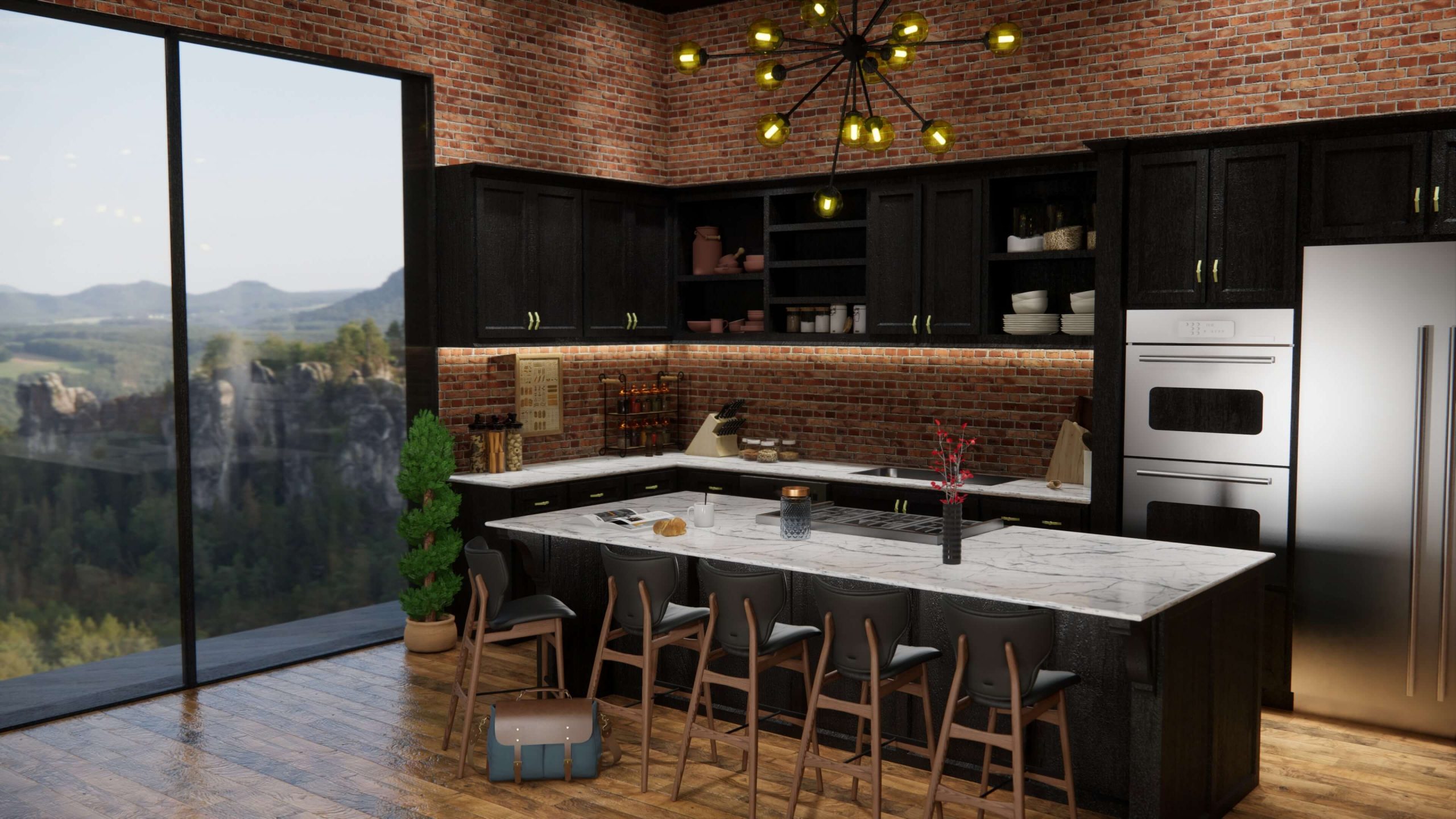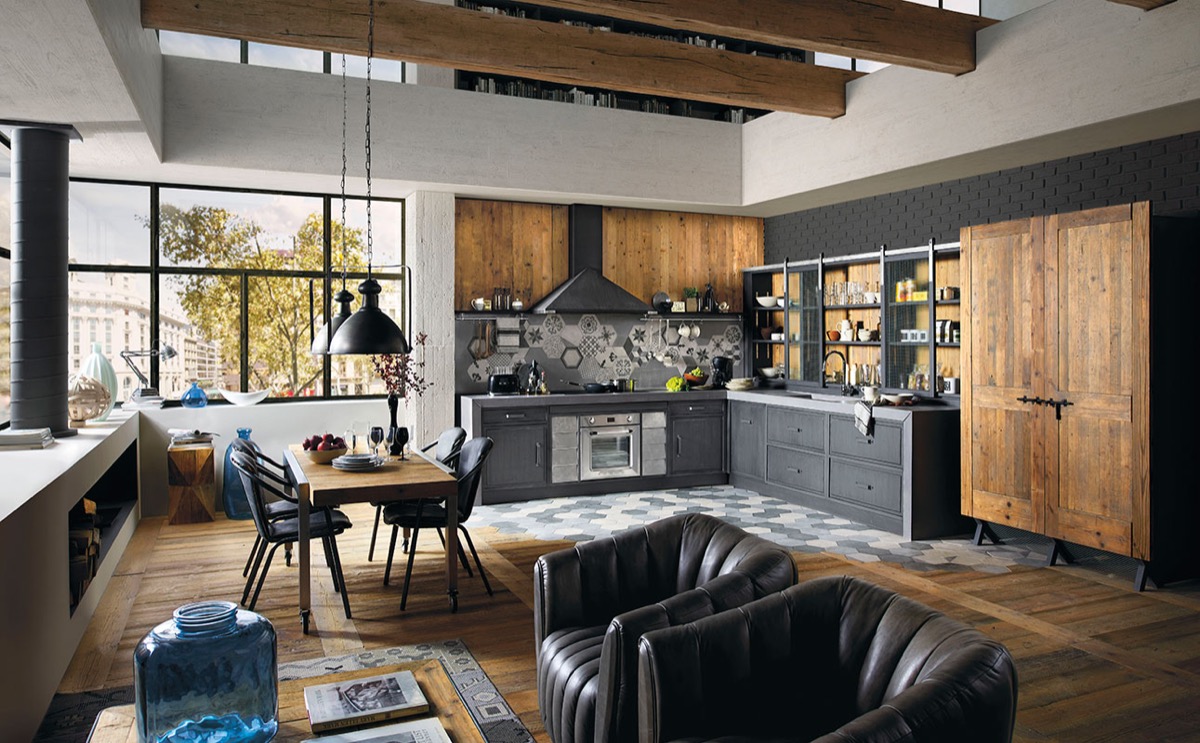
An industrial kitchen is a commercial kitchen designed for high-volume food production. Industrial kitchens are typically found in large-scale catering operations, restaurants, hospitals, schools, and other food service establishments. These kitchens are designed to be efficient, easy to clean, and capable of handling large volumes of food preparation.
What is an Industrial Kitchen?
An industrial kitchen is a commercial kitchen designed to handle large-scale food production. These industrial kitchens are typically used in restaurants, hotels, hospitals, schools, and other food service establishments that require high-volume food preparation. Industrial kitchens are designed to be efficient, easy to clean, and capable of handling large volumes of food.
Equipment in an Industrial Kitchen
The equipment in an industrial kitchen is designed to be efficient and easy to clean. This equipment includes commercial-grade ovens, grills, fryers, refrigerators, freezers, and dishwashers. The equipment is typically made of stainless steel, which is easy to simple and resists corrosion.
Layout and Design of an Industrial Kitchen
The layout and design of an industrial kitchen are critical to its efficiency and productivity. Industrial kitchens are typically divided into zones, each dedicated to a specific task. For example, there may be a prep zone, a cooking zone, and a storage zone. The design of the kitchen should allow for an easy flow of food and personnel between these zones, and the layout should be optimized for safety and efficiency.

Benefits of an Industrial Kitchen
The benefits of an industrial kitchen include increased efficiency, improved food safety, and reduced labor costs. Industrial kitchens are designed to be highly efficient, which means that food can be prepared quickly and with minimal waste. Industrial kitchens are also designed to be easy to clean, which reduces the risk of foodborne illness and makes it easier to maintain a clean and sanitary environment. Finally, industrial kitchens can reduce labor costs by streamlining the food preparation process and reducing the need for manual labor.
The challenges of an industrial kitchen include high upfront costs, the need for specialized training, and the risk of equipment failure. Industrial kitchens require a significant upfront investment in equipment, which can be an obstacle to entry for some businesses. Additionally, the specialized nature of industrial kitchens requires specialized staff training, which can be a challenge to some companies. Finally, the risk of equipment failure can be a significant challenge for industrial kitchens, as equipment downtime may lead to lost revenue and productivity.
But one can easily overcome these challenges by taking the right measures.
Conclusion
Industrial kitchens are an essential part of the food service industry. They are designed to be highly efficient, easy to clean, and capable of handling large volumes of food. While there are challenges associated with industrial kitchens, the benefits of increased efficiency, improved food safety, and reduced labor costs make them a valuable investment for many businesses. If you are considering an industrial kitchen for your business, it is essential to work with a qualified consultant or contractor to ensure that the kitchen is designed and built to meet your specific needs.








